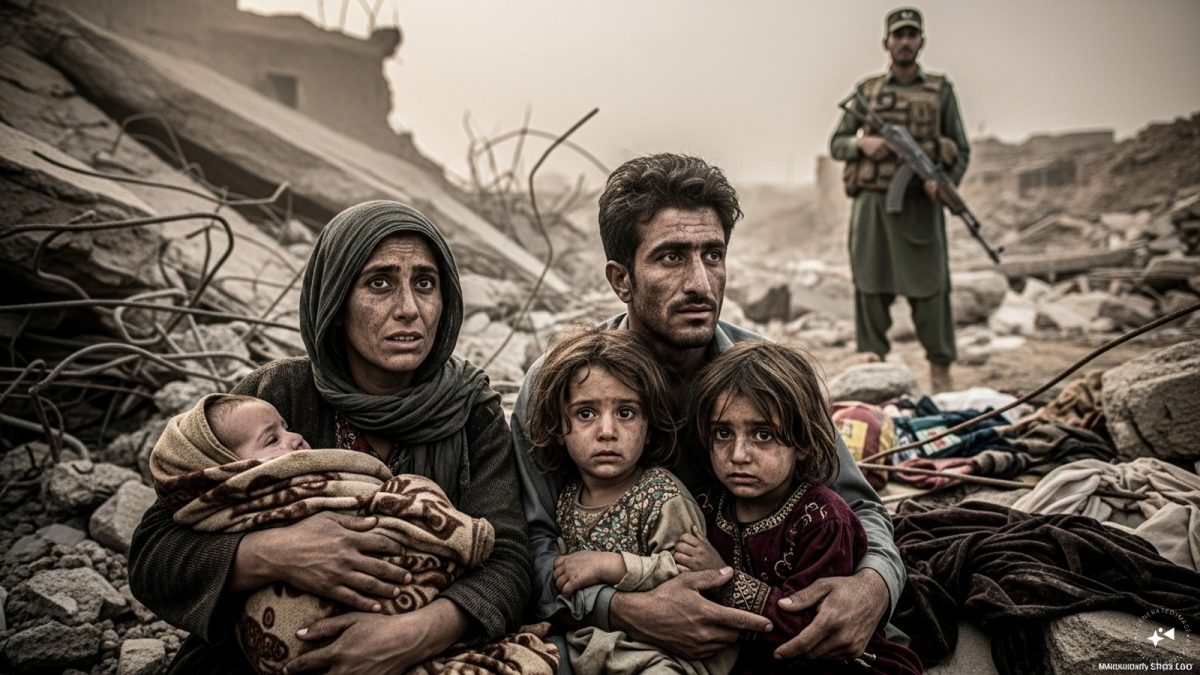Pakistan on Friday pushed back against a United Nations appeal to stop the expulsion of Afghan nationals in the wake of devastating earthquakes that have killed over 2,200 people in Afghanistan. Islamabad said it was within its sovereign rights to decide who remains on its soil.
The UN High Commissioner for Refugees, Filippo Grandi, had urged Pakistan to pause the implementation of its mass deportation plan given the humanitarian crisis triggered by the quakes. “Given the circumstances, I appeal to the (government of Pakistan) to pause the implementation of the Illegal Foreigners Repatriation Plan,” Grandi said.
However, Pakistan’s foreign ministry spokesperson Shafqat Ali Khan dismissed the call, asserting: “Any people with no documentation should leave. This is what Pakistan is doing and what any other country will be doing, including in Europe and other countries… it is our territory, we decide who stays in.”
Pakistan has hosted Afghans fleeing violence and humanitarian crises for more than four decades, from the Soviet invasion to the 2021 Taliban takeover. “Any people with no documentation should leave.
This is what Pakistan is doing and what any other country will be doing, including in Europe and other countries… it is our territory, we decide who stays in,” Shafqat Ali Khan, the foreign ministry spokesperson told a press briefing.
The World Health Organisation estimated 270,000 returnees have recently settled in the earthquake affected districts which border Pakistan. Afghans awaiting relocation to Germany have reported several police raids on guest houses where German authorities have asked them to stay for months on end while their cases are processed.
Impact Shorts
More ShortsMany of those living in the quake-hit villages in eastern Afghanistan were among the more than four million Afghans forced back to the country from Iran and Pakistan in recent years. Various cohorts of Afghans have found differing degrees of stability, including access to work and education, in Pakistan.
Some were born and raised there, while others transited en route to resettlement in the West. However, Pakistan’s government, citing an uptick in violent attacks and insurgent campaigns, launched a crackdown in 2023 to evict them, painting the population as “terrorists and criminals”.
More than 1.2 million Afghans have since been forced to return from Pakistan, including more than 443,000 this year alone, according to the United Nations. The crackdown has most recently targeted an estimated 1.3 million refugees with Proof of Registration (PoR) cards issued by the UN refugee agency UNHCR.
Islamabad has set a deadline of September 1 for them to leave or face arrest and deportation.
With inputs from agencies


)

)
)
)
)
)
)
)
)



